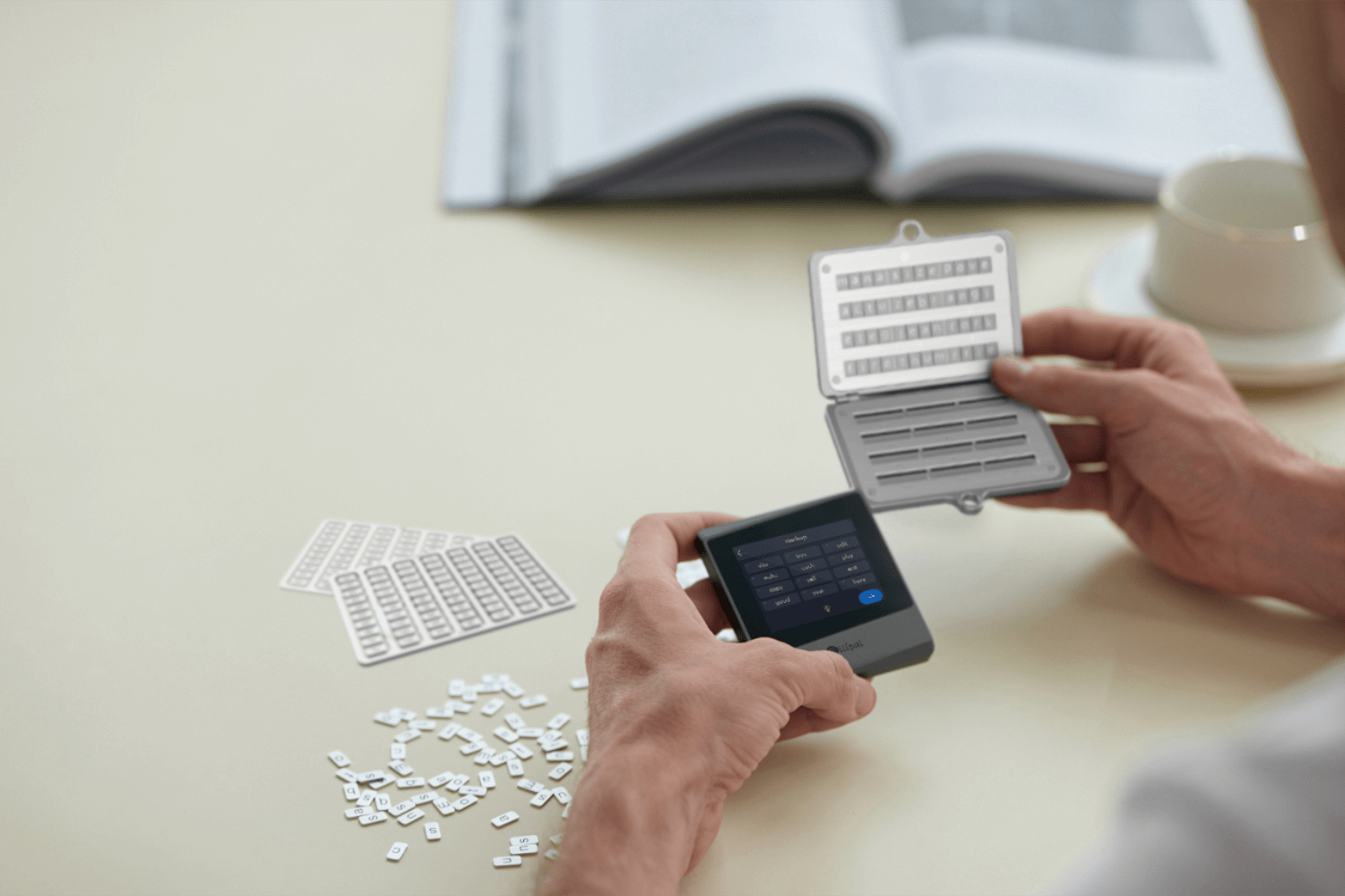Understanding the Basics: What is a Hard Wallet and Why You Need One for Your Crypto Assets?
الجسم
In the ever-evolving world of digital currencies, securing your assets is paramount. One of the most effective ways to achieve this is through a hard wallet crypto. But what exactly is a hard wallet, and why should you consider using one? This article will delve into the fundamentals of hard wallets, their benefits, and how they can safeguard your cryptocurrency investments.

What is a Hard Wallet?
A hard wallet crypto, also known as a hardware wallet, is a physical device designed to store your cryptocurrency offline. Unlike software wallets that are connected to the internet, hard wallets provide a secure environment for your private keys, making them less susceptible to hacking and malware attacks. These devices often resemble USB drives and can be easily connected to your computer or mobile device when needed.
Why You Need a Hard Wallet for Your Crypto Assets
Understanding the importance of a hard wallet is crucial for anyone serious about cryptocurrency. Here are several reasons why you should consider investing in one:
- Enhanced Security: Hard wallets keep your private keys offline, significantly reducing the risk of theft.
- Control Over Your Assets: With a hard wallet, you have complete control over your cryptocurrency, unlike exchanges that may impose restrictions.
- Backup and Recovery: Most hard wallets come with recovery options, allowing you to restore your assets in case of loss or damage.
- Multi-Currency Support: Many hard wallets support a variety of cryptocurrencies, making it easier to manage your diverse portfolio.
How to Choose the Right Hard Wallet Crypto
When selecting a hard wallet, consider the following factors:
- Security Features: Look for wallets that offer advanced security features, such as two-factor authentication and biometric access.
- User Experience: Choose a wallet that is user-friendly, especially if you are new to cryptocurrency.
- Compatibility: Ensure that the hard wallet is compatible with the cryptocurrencies you intend to store.
- Reputation: Research the brand and read reviews to ensure you are purchasing a reliable product.
Getting Started with Your Hard Wallet Crypto
Once you have chosen a hard wallet, setting it up is straightforward. Follow the manufacturer's instructions to initialize the device and create a secure PIN. Remember to write down your recovery phrase and store it in a safe place. This phrase is crucial for recovering your assets if your device is lost or damaged.
For those looking for a reliable option, consider the . This hard wallet crypto solution offers robust security features and user-friendly design, making it an excellent choice for both beginners and seasoned investors.
Conclusion
In conclusion, a hard wallet crypto is an essential tool for anyone looking to secure their digital assets. By understanding its benefits and how to choose the right one, you can take significant steps toward protecting your investments. As the cryptocurrency landscape continues to grow, ensuring the safety of your assets should always be a top priority.










تعليقات